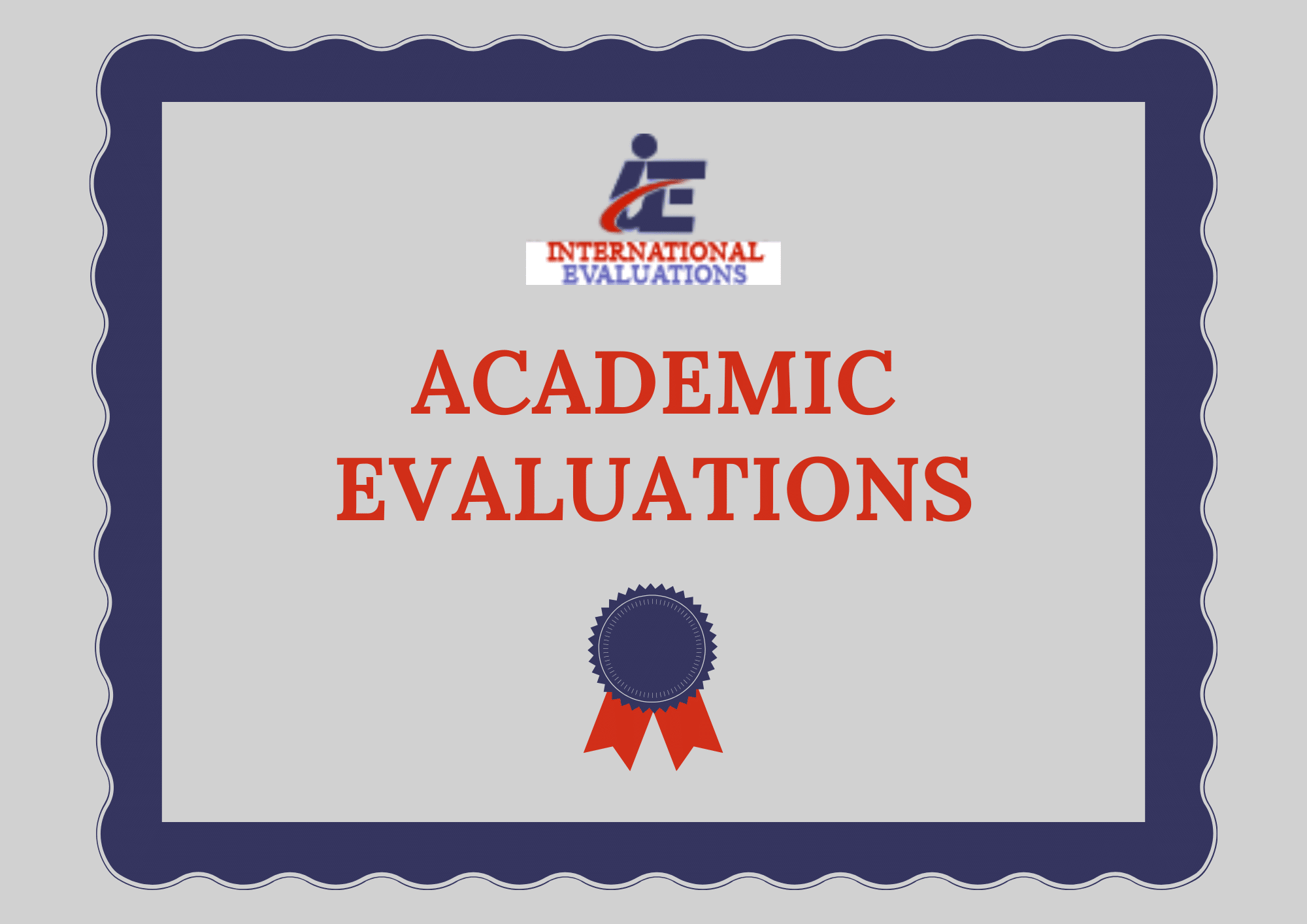expert opinion letter for h1b rfe
Introduction
In today's competitive task market, the transition from classroom finding out to real-world application is more vital than ever. Students and specialists alike are looking for ways to translate their work experiences into academic credits. This article explores the detailed process of examining work experience for education credit, highlighting its significance in individual and expert advancement.
As we delve into this topic, we will go over numerous aspects of academic credential evaluation, worldwide credential assessment services, course-by-course credential examination, and how they connect to work experience evaluation. In addition, we'll explore professional viewpoint letters and company plan examinations as part of this complex journey.
From Classroom to Career: Examining Work Experience for Education Credit
The bridge in between class education and career success often involves acknowledging the value of practical experience. Numerous trainees accumulate considerable work experience during internships or part-time tasks that may not be officially recognized by educational institutions. However how can one guarantee that these experiences count toward their scholastic credentials?
Why Assess Work Experience?
Evaluating work experience is necessary for a number of reasons:
Recognition of Skills: It confirms the skills obtained through hands-on experiences. Enhanced Employability: Employers progressively seek prospects with useful understanding along with formal education. Personal Growth: Acknowledgment of previous experiences boosts self-confidence and motivates lifelong learning.Types of Credential Evaluation
Understanding the different kinds of credential assessments readily available can assist individuals navigate this process effectively.
Academic Credential Evaluation
Academic credential examination examines foreign academic credentials against developed standards in another nation. This procedure is important for worldwide students or employees aiming to show their academic background.
https://beauohol548.cavandoragh.org/specialist-viewpoint-letters-as-a-catalyst-for-effective-migration-outcomesInternational Credential Examination Services
These services concentrate on analyzing foreign https://trentonglql031.almoheet-travel.com/the-worth-of-expert-opinion-letters-in-browsing-immigration-obstacles qualifications and identifying their equivalency in the host nation's educational system. They provide reports that detail the level and type of education got abroad.
Course-by-Course Credential Evaluation
This comprehensive analysis breaks down each course taken throughout a degree program, providing insights into grades made and credit hours finished. It's especially helpful for trainees looking to move credits in between institutions.
Work Experience Evaluation
Work experience assessment serves as an approach to formally evaluate non-academic skills gotten through employment or volunteer activities. rfe response eb1a Here's how it works:

The Function of Expert Opinion Letters
An expert viewpoint letter can bolster your case when seeking credit for work experience. These letters generally come from industry experts who can vouch for your skills and contributions in a particular field.
What Needs to an Expert Opinion Letter Include?
- A summary of your role in the organization Specific abilities you developed How your experiences relate to scholastic outcomes
Having an expert back your abilities not just provides credibility however also boosts your overall portfolio when looking for sophisticated research studies or positions.
Business Plan Evaluation as a Knowing Tool
Creating an organization plan can be an excellent method to showcase your understanding of theoretical concepts applied in real-world circumstances. A comprehensive evaluation of a business plan may highlight proficiencies such as tactical thinking, financial preparation, and market analysis.
FAQs
1. What kinds of work experiences get approved for scholastic credit?
Typically, work experiences that straight relate to your discipline or demonstrate transferable abilities are eligible for scholastic credit.
2. How do I discover worldwide credential assessment services?
You can browse online directories or talk to universities that typically have partnerships with reputable credential evaluators.
3. Is there a charge related to acquiring an expert opinion letter?
Yes, many experts charge for their time spent expert opinion letter eb1a composing these letters; nevertheless, some may use them pro bono depending on the situation.
4. Can I get credit for unsettled internships?
Absolutely! Overdue internships frequently supply important experience and can be evaluated likewise to paid positions.
5. The length of time does the credential assessment procedure take?
The timeline differs based upon the service used but typically ranges from a couple of weeks to numerous months.
6. Exist specific documents needed for course-by-course evaluations?
Yes, you will need transcripts from https://lanemocm520.mystrikingly.com/ all post-secondary organizations participated in, in addition to comprehensive course descriptions when possible.
Conclusion
Transitioning from class understanding to profession preparedness requires recognizing the importance of useful work experiences in education credit examinations. As we have checked out in "From Classroom to Career: Examining Work Experience for Education Credit," both students and experts stand to gain significantly by leveraging their real-world experiences towards their academic goals.
By making use of various kinds of evaluations-- be it through scholastic credential assessments or expert opinion letters-- people can enhance their credentials while promoting lifelong learning concepts that adhere closely to today's vibrant labor force demands.

In summary, embracing both theoretical knowledge from class together with experiential learning gained through expert engagements produces well-rounded prospects prepared to tackle the challenges ahead in their careers.